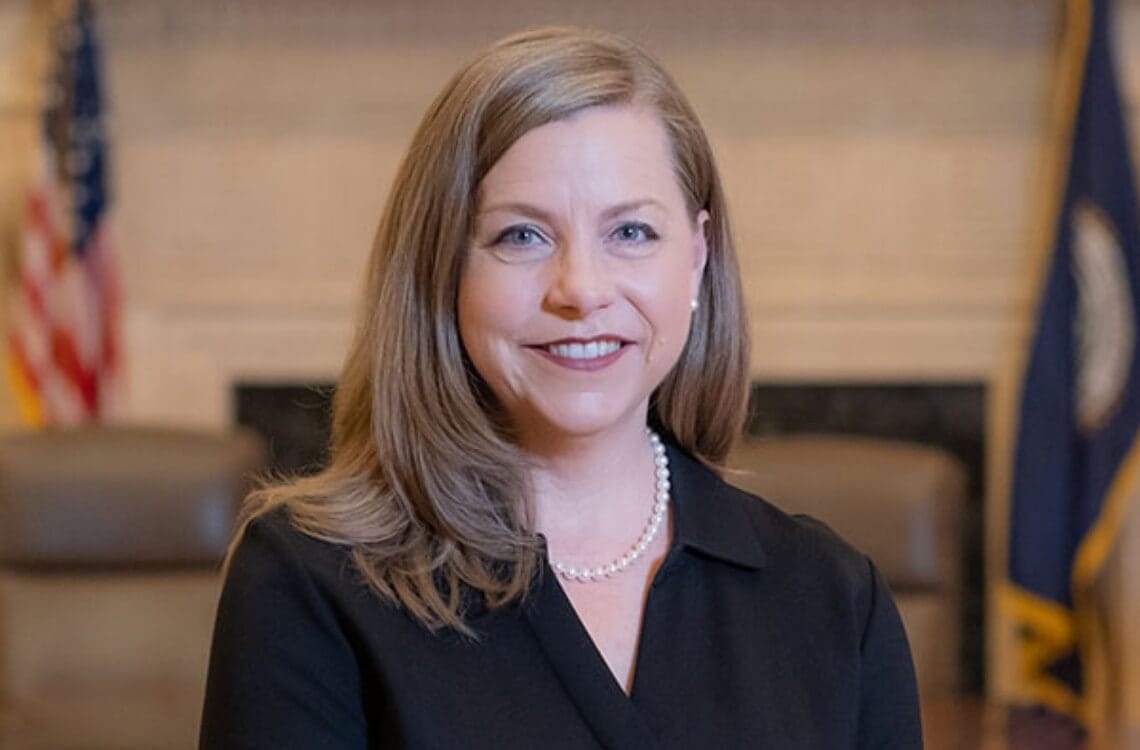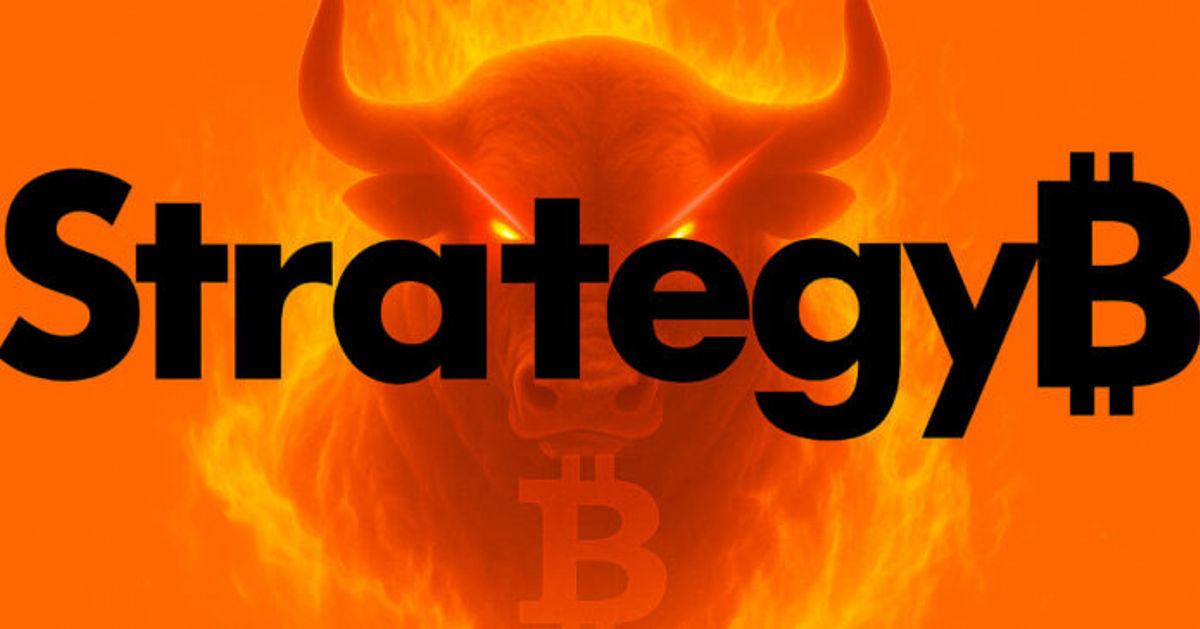Federal Reserve reiterates hatred for stablecoins, CBDC |
The post Federal Reserve reiterates hatred for stablecoins, CBDC | appeared on BitcoinEthereumNews.com. TLDR Federal Reserve Board Governor, Michelle Bowman, recently voiced skepticism about Central Bank Digital Currencies (CBDCs) and stablecoins at Harvard Law School. Bowman upholds the U.S. intermediated banking model, suggesting it prevents unnecessary government overreach and should be the foundation for future financial innovations. She acknowledges potential CBDC benefits but remains unconvinced of their superiority, particularly when compared to services like FedNow. Amidst the whirlwind of technological advancements, it’s clear that the digital transformation is not sparing the world of finance. However, the Federal Reserve is not about to embrace every twist and turn of this revolution without a fight. The Fed’s attitude towards Central Bank Digital Currencies (CBDCs) and stablecoins is getting tougher by the day. As the financial community buzzes with the possibility of a digital future, one influential voice is not so easily swayed. Banks as the Guard Against Government Overreach Michelle Bowman, Federal Reserve Board Governor, recently graced the hallowed halls of Harvard Law School with her insights on the topic of financial innovation. Her bearish sentiments have been quite evident in her previous talks, and this time was no exception. Bowman believes in the power of the U.S. intermediated banking model, viewing it as a shield that protects consumers from unwarranted government intrusion. She champions this model as the potential bedrock upon which all future financial innovations should be based. Her perspective dives deeper than just upholding the current banking structure. Bowman underscores the implications of a poorly constructed CBDC, which could inadvertently strip the very essence of banks. While she acknowledges the potential improvements CBDCs might bring, such as smoothening out frictions in payment systems or ensuring financial inclusion, she remains unconvinced of their edge over other financial instruments. This is particularly evident when considering the FedNow service launched earlier this year. What’s more,…

The post Federal Reserve reiterates hatred for stablecoins, CBDC | appeared on BitcoinEthereumNews.com.
TLDR Federal Reserve Board Governor, Michelle Bowman, recently voiced skepticism about Central Bank Digital Currencies (CBDCs) and stablecoins at Harvard Law School. Bowman upholds the U.S. intermediated banking model, suggesting it prevents unnecessary government overreach and should be the foundation for future financial innovations. She acknowledges potential CBDC benefits but remains unconvinced of their superiority, particularly when compared to services like FedNow. Amidst the whirlwind of technological advancements, it’s clear that the digital transformation is not sparing the world of finance. However, the Federal Reserve is not about to embrace every twist and turn of this revolution without a fight. The Fed’s attitude towards Central Bank Digital Currencies (CBDCs) and stablecoins is getting tougher by the day. As the financial community buzzes with the possibility of a digital future, one influential voice is not so easily swayed. Banks as the Guard Against Government Overreach Michelle Bowman, Federal Reserve Board Governor, recently graced the hallowed halls of Harvard Law School with her insights on the topic of financial innovation. Her bearish sentiments have been quite evident in her previous talks, and this time was no exception. Bowman believes in the power of the U.S. intermediated banking model, viewing it as a shield that protects consumers from unwarranted government intrusion. She champions this model as the potential bedrock upon which all future financial innovations should be based. Her perspective dives deeper than just upholding the current banking structure. Bowman underscores the implications of a poorly constructed CBDC, which could inadvertently strip the very essence of banks. While she acknowledges the potential improvements CBDCs might bring, such as smoothening out frictions in payment systems or ensuring financial inclusion, she remains unconvinced of their edge over other financial instruments. This is particularly evident when considering the FedNow service launched earlier this year. What’s more,…
What's Your Reaction?











































